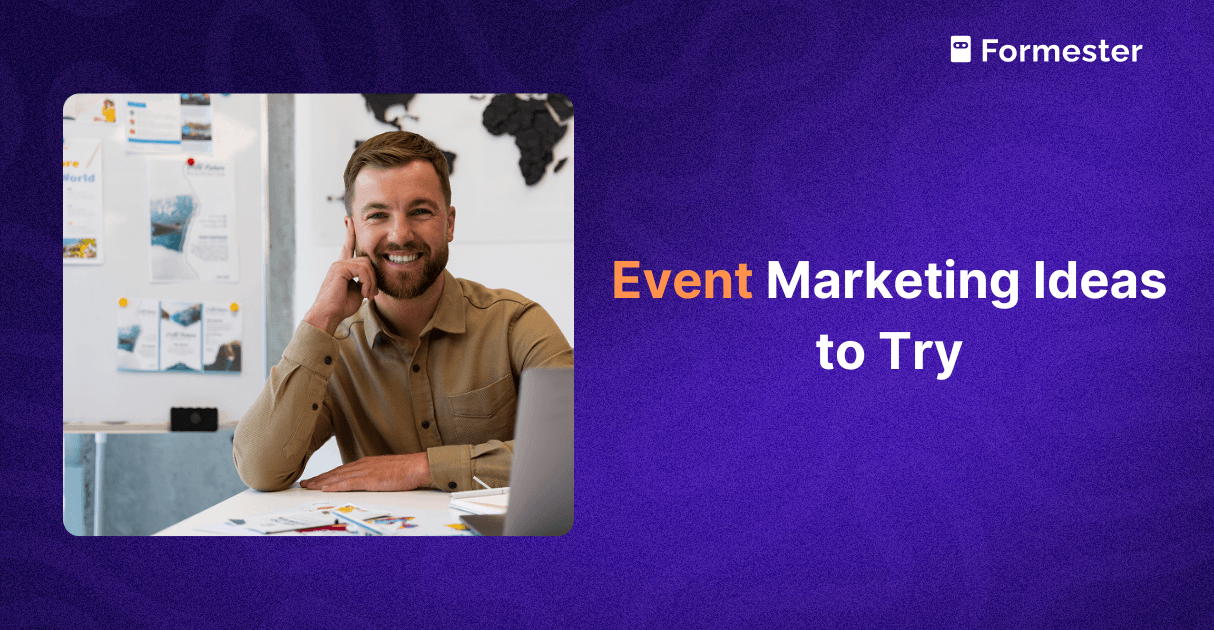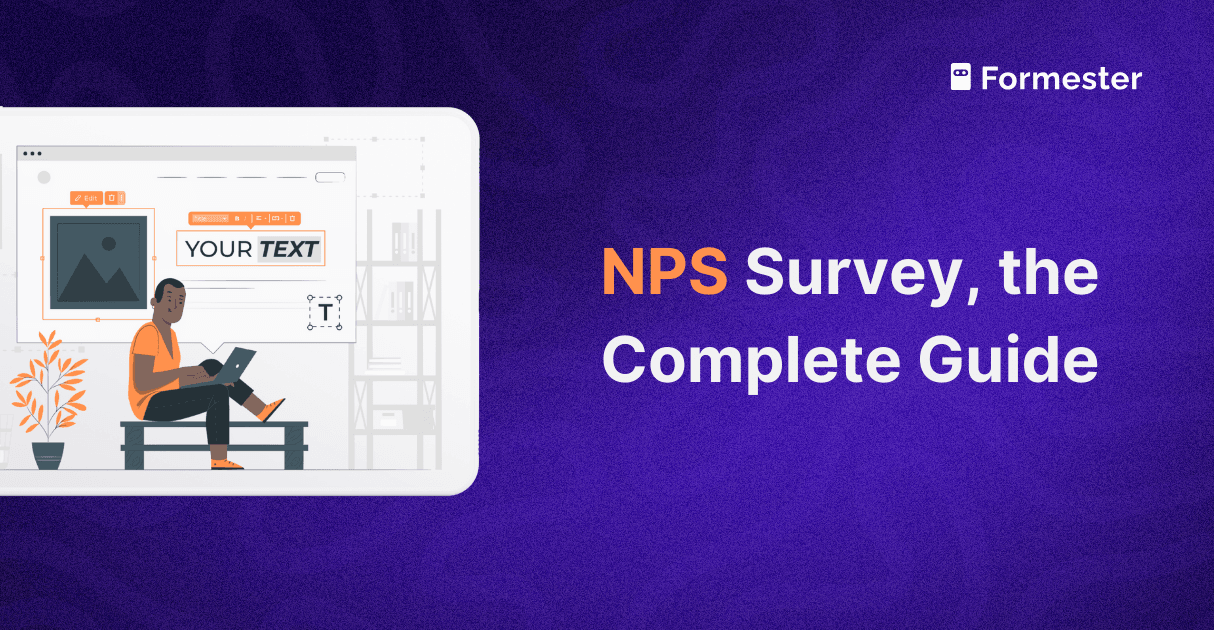10+ Event Marketing Ideas You Need to Try

In 2026, event marketing is all about creating meaningful connections. Audiences are no longer impressed by generic presentations or basic networking sessions. They want interactive, immersive, and personalized event experiences that truly stand out.
No matter what type of event you are planning, engaging attendees is key to your success. This applies to virtual conferences, hybrid trade shows, and in-person events. It also depends on how you tell your story and turn excitement into results.
In this guide, we will look at what event marketing is and why it is important today. We will also share over 10 proven event marketing ideas to try in 2026. These ideas will help you attract your target audience, increase event registrations, and improve your return on investment (ROI).
What Is Event Marketing?
Event marketing is the practice of promoting your products or services through live, virtual, or hybrid events. These events can include workshops, webinars, trade shows, networking meetups, and big conferences. They often have keynote speakers and smaller breakout sessions.
The goal of an event marketing strategy is to reach your target audience. It aims to build trust and create memorable interactions that strengthen your brand.
It’s a marketing method that combines creativity and data. This helps you promote your event and measure its success. You can track engagement, leads, and ticket sales.
Why Event Marketing Still Matters in 2026
Even in a world full of automation and AI, people crave genuine human connection. That’s where events shine. They give brands a space to connect, learn, and build relationships in real time.
Here’s why event marketing remains powerful:
Strong Attendee Engagement: Live events, both online and offline, allow for direct interaction. Activities, polls, and Q&A sessions drive real-time engagement and attention that ads can’t match.
Trust and Authenticity: Meeting your brand in person or via live stream, helps potential attendees see the people behind your logo. It builds credibility.
Better Lead Generation: Every form submission, registration, or poll response is a qualified lead. Lead capture tools make collecting and analyzing these responses easy.
Community and Retention: Regular events build loyal communities, increasing brand recall and returning event attendees for your future events.
10+ Event Marketing Ideas You Need to Try in 2026
The best event marketing campaigns combine creativity, storytelling, and technology. Let’s explore ideas that will help you promote your event, boost attendee engagement, and deliver unforgettable experiences.
1. Create Interactive and Immersive Experiences
Static presentations are outdated. Attendees expect immersive, hands-on experiences that make them part of the story.
Use AR and VR technology to transform your event planning into something memorable.
For example:
Let attendees explore your new products or services through AR demos.
Offer VR tours of your facility or product design process.
Set up interactive screens or booths for 360° product views.
Simple digital features like polls, live Q&A, and quizzes can also make your sessions feel dynamic and personal.
2. Gamify the Event Experience
Add a layer of fun and challenge to your event through gamification. It drives participation and motivates event attendees to engage more deeply.
You can design:
Scavenger hunts that guide people through booths or sessions.
Leaderboards tracking engagement or activity.
Trivia games focused on your theme or keynote speakers.
Offer small rewards like discount codes or free trials for top performers. This not only increases attendee engagement but also makes your event more memorable.
3. Personalize Every Step of the Journey
Modern event marketing strategies rely on data. The more personalized your approach, the higher your event registrations and satisfaction rates.
Use information from your event website and pre-event surveys to customize:
Session recommendations
Agenda reminders
Personalized welcome messages
After the event, send follow-up emails. Make these emails personal by mentioning the sessions they attended or the content they liked. This design makes your event experience feel tailored just for them.
4. Collaborate with Micro-Influencers
Influencer marketing isn’t just for beauty brands. For events, micro-influencers can help you reach niche target audiences with authenticity.
Work with industry voices to:
Promote your event early.
Share sneak peeks or interviews with keynote speakers.
Encourage followers to register or live stream sessions.
Their word-of-mouth promotion adds credibility and trust, driving potential attendees to check out your event.
5. Create Shareable Social Moments
Social media is one of the most effective marketing channels to promote your event. Design spaces that make attendees want to post and share.
Ideas include:
A branded photo booth with AR filters.
A live art wall for creative interaction.
A digital hashtag wall showing posts from attendees.
Encourage everyone to tag your event hashtag. This extends your reach beyond the venue, creating a ripple effect of organic visibility.
6. Blend Education with Entertainment
Balance learning and fun to keep your event attendees energized. Mix expert sessions with light, engaging elements such as:
Short panel discussions followed by live polls.
Mini-games during breaks.
Interactive networking corners with themed challenges.
These creative touches break monotony and ensure everyone enjoys the event experience from start to finish.
7. Use AI and Automation for Real-Time Engagement
AI tools can dramatically improve attendee engagement and help you manage data during the event. With solutions like Claude AI, organizers can better understand attendee behavior and streamline communication without adding complexity.
Use automation to:
Send real-time notifications about upcoming sessions.
Recommend sessions based on attendee behavior.
Deploy AI chatbots to assist with questions.
You can test audience knowledge or run live polls during sessions. This all helps to increase interaction.
8. Go Hybrid to Expand Reach
Hybrid events are here to stay. They let you reach both in-person and remote potential attendees without limits. Offer live stream options for main sessions and integrate chat features so virtual participants can ask questions. Hybrid events also make it easier to collect data, track engagement, and extend replay access through your event website. This flexibility improves accessibility, inclusion, and total ticket sales.
9. Empower Attendees to Create Content
Turn your event attendees into your biggest promoters. Encourage them to share their favorite sessions. They can take photos with your brand’s backdrop. They can also share their thoughts about keynote speakers on LinkedIn or Instagram.
You can even create a user-generated content challenge with small incentives for the best posts. This content amplifies your message across multiple marketing channels, and it’s free promotion from trusted voices.
10. Build a Strong Post-Event Funnel
The event doesn’t end when the lights go out. The post-event phase is where you nurture leads and grow relationships.
Here’s how to keep the momentum:
Send personalized thank-you emails and recap videos.
Share post-event surveys to gather feedback.
Offer exclusive access to future events or early-bird ticket sales.
A solid post-event plan turns attendees into advocates and repeat customers.
11. Make Sustainability a Core Value
Sustainability adds long-term value to your brand and appeals to eco-conscious audiences.
Use digital check-ins instead of printed tickets. Partner with local vendors. Replace disposable materials with eco-friendly options.
Promoting your sustainability efforts on your event website can even attract more potential attendees who value responsible brands.
12. Track, Measure, and Optimize
Data helps you improve every part of your event marketing strategy.
Track metrics like:
Number of event registrations
Engagement rates across sessions
Social media reach
Conversion from attendees to leads
When you understand your data, planning future events becomes easier and more impactful.
How to Promote Your Event the Smart Way
Even the best event planning won’t succeed without strong promotion. Here’s a simple three-stage framework to reach your target audiences effectively.
Pre-Event Promotion: Build buzz early through email marketing, influencer collaborations, and countdown posts. Offer discounts to boost ticket sales before launch.
During the Event: Keep sharing behind-the-scenes clips, audience reactions, and live stream snippets across all marketing channels. Highlight moments that show your energy and crowd.
Post-Event Promotion: Share testimonials, highlight reels, and feedback results. Use retargeting emails to invite people to your future events or related offers.
Future of Event Marketing
Personalization, sustainability, and smart automation will shape the next era of event marketing.
Expect to see:
AI-driven real-time analytics.
Seamless hybrid integrations.
Deeper attendee engagement through predictive tools.
Events that are accessible, inclusive, and data-powered.
Success comes from mixing creativity with a clear plan. Always keep your target audience in mind when making decisions.
Final Thoughts
Event marketing in 2026 is not about bigger budgets, it’s about better connections. When you mix storytelling, innovation, and empathy, you turn any gathering into a powerful brand moment. Use these ideas to elevate your event marketing strategy, boost attendee engagement, and deliver experiences that people remember.
With an event registration tool like Formester, you can collect insights, automate follow ups all in one place. That’s how you plan smarter, promote faster, and grow stronger.

